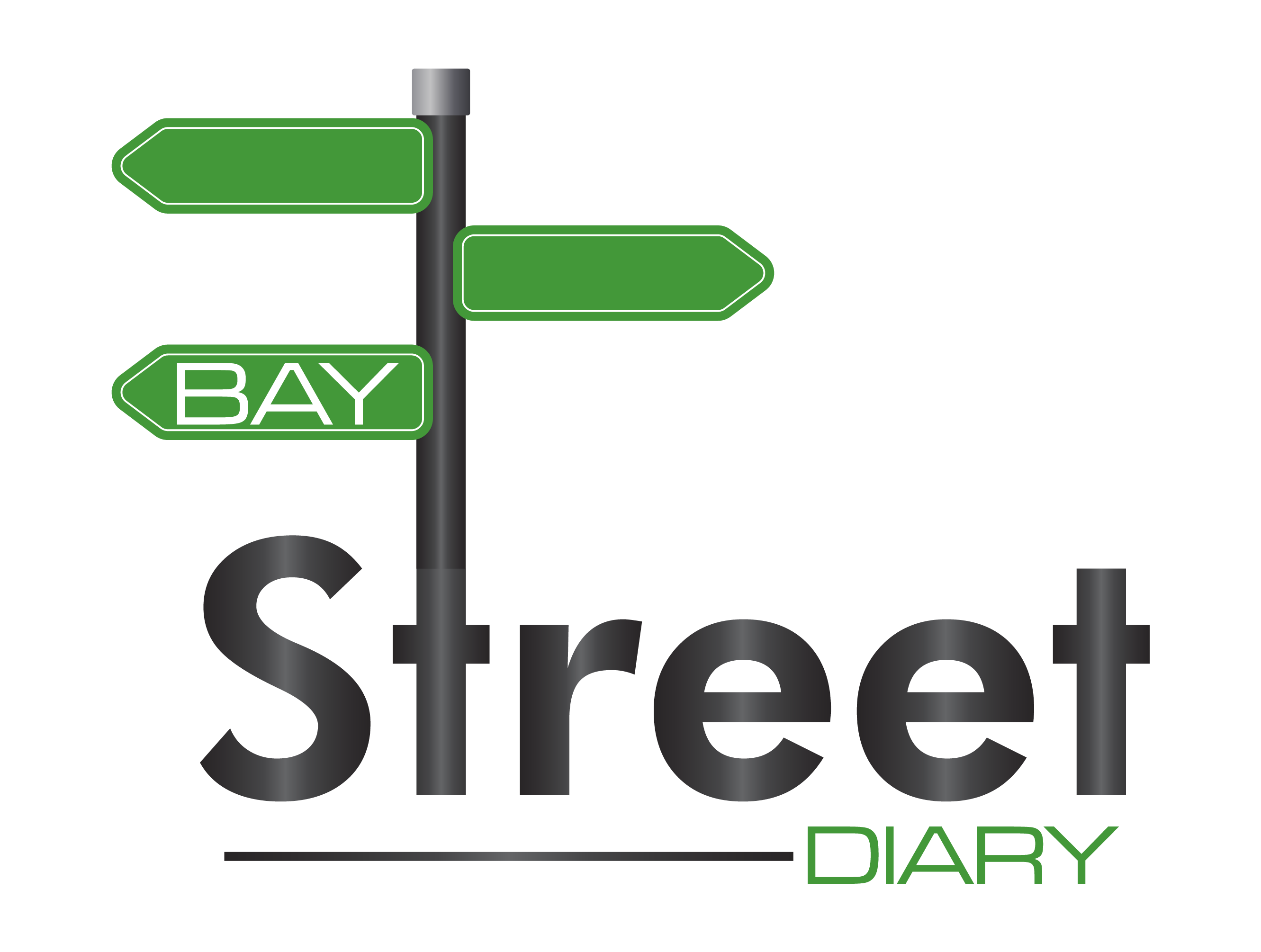5 Things You Can Do to Start Your Business the Right Way
Every successful business owner we’ve met over the years would tell you this very same thing: starting out a business “perfectly” is next to impossible. You’ll experience many challenges and roadblocks; many of them, unforeseen. Expecting that your plan will go off without a hitch is not preparing you for the reality of what is to come!
In the interest of saving you from unnecessary disappointment, we’ve developed 5 ways to prepare yourself as much as possible for the joys and perils of business ownership.

- Create a Business Plan
A well-written business plan can be used for a lot more than just fundraising. It serves as a great tool for managing yourself, for operating the business and for recruiting. All of these are vital for the success for your business! When writing your plan, here are the most important pieces of information to include:
- Business Summary – a detailed description of your business and it’s purpose
- Market Analysis – research on your industry, market and competitors and how you fit in
- Financial Analysis – balance sheets, and projections for cash flow and profit & loss
- Service/Product – what you’re selling and what problem it solves
- Marketing and Sales – strategies for putting your business in front of customers
If you create a well-rounded business plan and use it as a guideline while developing in your first year, you’ll find that you’re able to stay on track towards your goal without losing focus!
- Create a Budget
You don’t need to be an accounting professional to put together a detailed and easy to manage budget, and our team has compiled the 4 most important parts here.
Income Sources are all revenue streams for your business. This includes product sales, investments, and loans.
Fixed costs are recurring expenses that are typically the same amount (or close to it) each month. The most common are rent/mortgage, utilities, salaries, subscriptions, insurance, and accounting services.
Variable costs are items that don’t have a fixed price tag each month. Many of these purchases can be scaled up or down, and can include things like raw materials, contracting wages, marketing/advertising, and travel/transportation.
One-time spends are usually costs that only occur at when you start your business, and then only when things need to be replaced, such as computers, software, and office furniture and/or supplies.
Creating a budget that includes all the items above ensures that you have a handle on your financial patterns and can recognize opportunities in your spending to create a more stable financial future.
- Register Your Business
Registering your business requires some knowledge of the four different business structures available to create in Canada.
Sole proprietorship – This is a partnership with a single partner: you. As sole proprietor, you are personally liable for the activities of your company.
Partnership – This is a partnership between two or more parties, and is also not a separate legal entity from its owners.
Corporation – Two types of corporations exist in Ontario; Private and Public, and both types are separate legal entities from their owners
Cooperative – Similar to a corporation, where members with similar needs have organized to create a business structure through which they can either obtain or share certain products or services. In a cooperative, each member has an equal democratic say in the running of the business.
Thankfully, we live in one of the most entrepreneur-friendly countries in the world, and the Canadian government provides a bevvy of resources to help guide new business owners through the registration process. Click here to get started now!
- Consider Hiring an Accountant
Unless you have financial background yourself, hiring an accountant is a great advantage to a new business owner. Yes, it’s a cost that you can avoid by taking a “do-it-yourself” approach, but without the proper experience, this can very easily end in an audit. Someone with accounting experience is going to be an asset to you in areas like:
- Providing advice on the type of accounting software you may need to manage day to day business
- Making sure your accounting procedures comply with government regulations and requirements.
- Providing advice on how to track expenses during your daily business activities.
- Compiling and submitting taxes and financial statements every year
- Provide insight on growth opportunities through reviewing cash flow patterns, inventory management, pricing and business financing
- Assist you with the more complex areas of your budget
In the interest of creating the best environment for financial health and growth in your new business, enlist the help of a financial professional. You won’t regret having the help in the beginning when you need it the most.
- Start Your Brand Strategy
You already have a name for your business, and building your brand is where you can decide what your business identity is going to be, what kind of “personality” it has, and really bring it to life for your target audience! There are many layers to brand development that are key before taking your business to the public, such as:
Your Target Audience – This is the most important part of developing a brand. Going deep into the demographics of who you want to sell to, will help you better learn how to present yourself in a way that will build trust and encourage repeat business.
Brand Promise – The main message you want to convey to your target audience – what you are selling and what problem it solves.
Brand Values – A clear definition of what drives decision-making for your business; the core values you seek to embody.
Brand Voice – What is your brand’s personality – how do you “speak” to your customers? Are you more reserved and buttoned-down, or are you fun and playful?
Brand Tools – The creation of your logo, website, and social media presence – how your audience can recognize you visually and interact with you.

The amount of upfront work required when creating a business can seem overwhelming. Our team have all been in your shoes, and that’s what drove the creation of Bay Street Diary. We know that with just the right combination of organization and execution to add to the passion that drives you, you can start your business journey with more confidence.
Sign up today to stay informed about when we deliver new content and give yourself a head start to success!










Leave a Reply